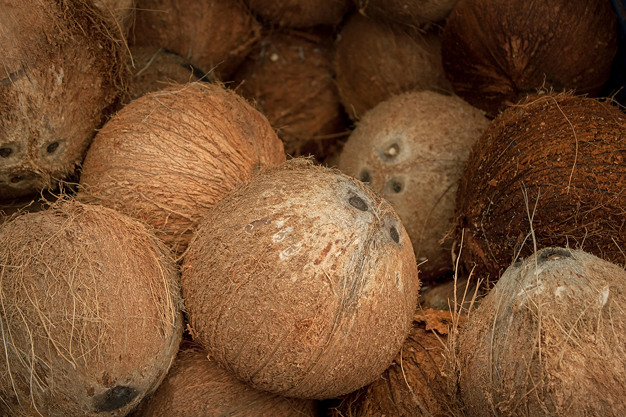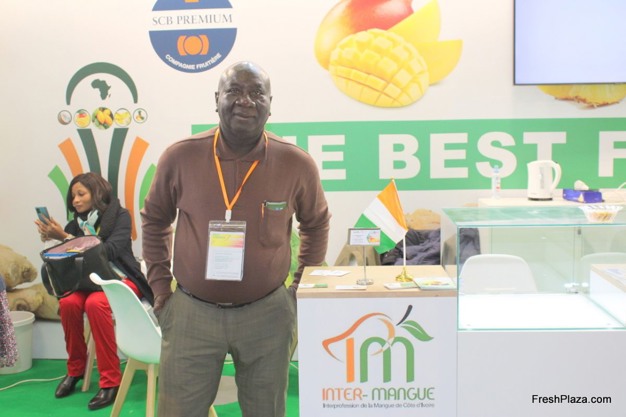Ivorian coconuts are grown and exported all year round, with harvesting taking place every four or five months, depending on the variety. "Despite climate change, the seasonality remains more or less intact and the calendars remain usual," according to Philippe Abbe, Manager of Fruits Foudjôh.
 © Khunaspix | Dreamstime
© Khunaspix | Dreamstime
"We are, however, seeing a decline in coconut volumes in recent years," Abbe says. "This decline is due to two main factors. Firstly, urbanization is scraping away arable land, and we see this affecting the coconut sector. Secondly, coconut trees are generally aging and need to be replaced."
"Last season, the drop in yield was as much as 30-40% of usual volumes," adds the grower.
The most widely produced coconut varieties in the country are GAO (Grand Ouest Africain), in addition to hybrid varieties, and vast areas are grown exclusively with organic coconuts. The most popular sizes are A40 (550g-650g), B50 (400g-549g), and A35 (650-900g), according to industry sources. COPRAH walnuts (dried or broken) are also in demand from domestic oil mills and neighboring West African countries.

"Massive replanting of coconuts is a must. Demand for organic coconuts is strong in European markets, particularly in the Netherlands. We see decent demand from Eastern countries as well," explains Mr. Abbe.
"We have a great advantage, we can supply fully organic coconuts all year round in Europe in less time and with lower transport costs than other origins in South America and Asia," Abbe concludes.
For more information:
Philippe Abbe
Fruits Foudjôh
Tel: +2250709451042
+2250504988385
Email: Philippe_abbe@yahoo.fr
